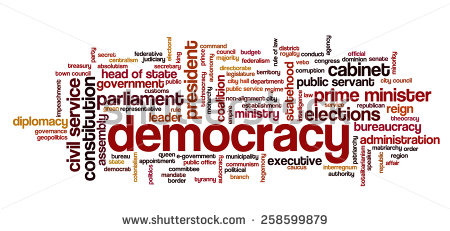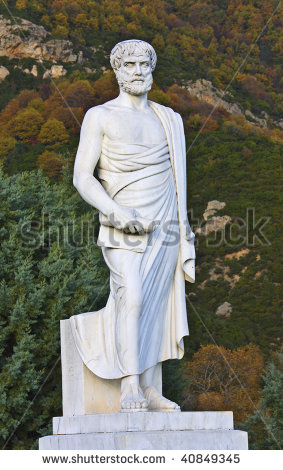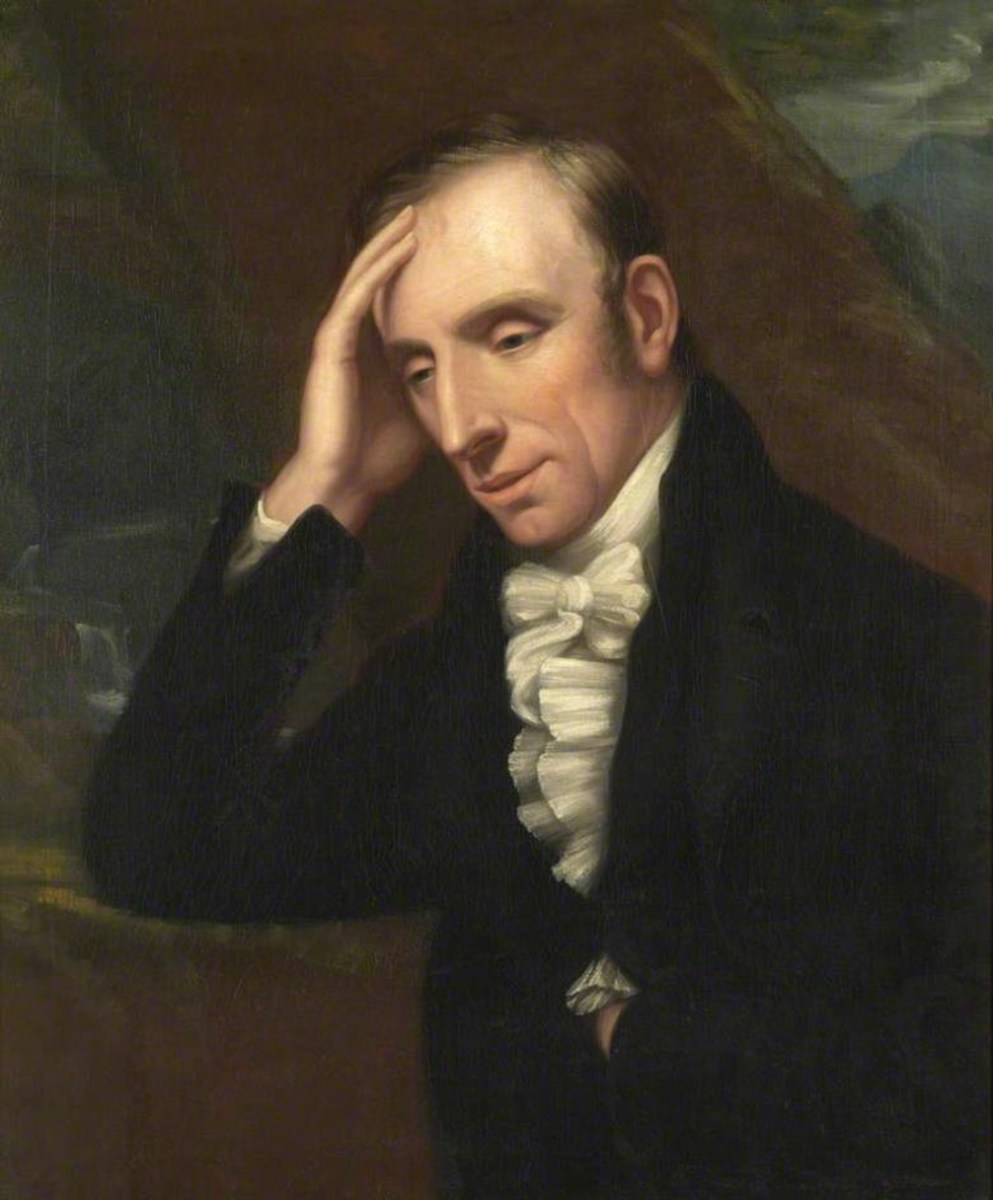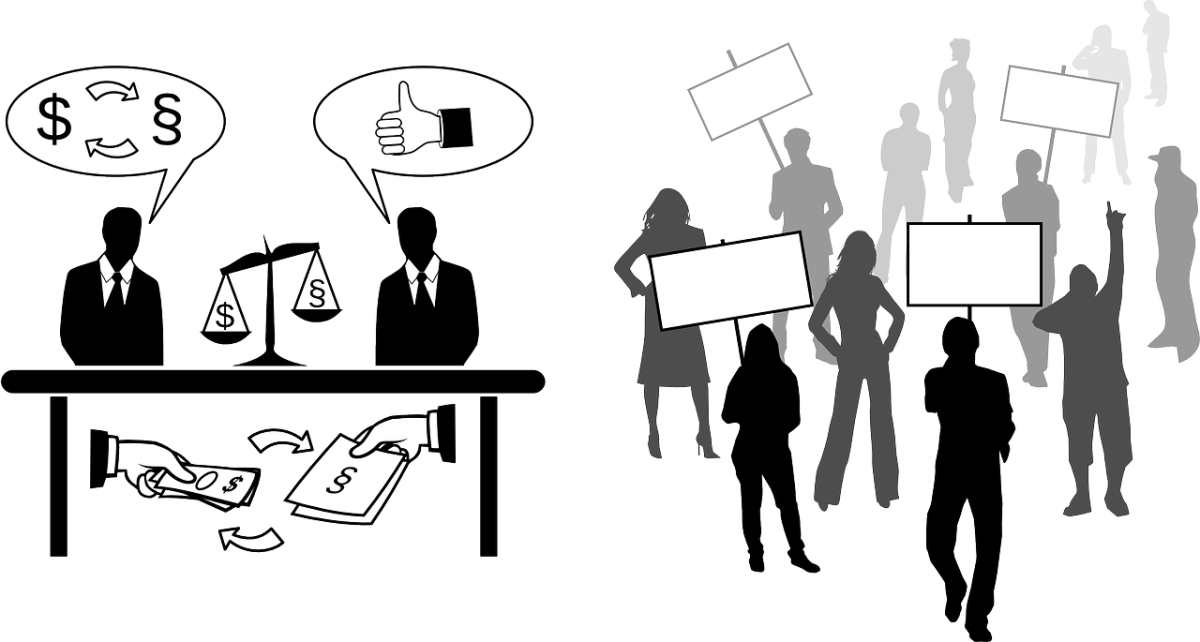Democracy: A Critical Analysis
Introduction
The main system of government throughout the world is democratic, partly due to the influences of the Western colonialists towards their former colonies from the Americas to the land of Australia. While they do differ in implementation, democratic states all over the Earth have one thing in common – their status as a staunch protector of human rights, especially the right to free expression. But whether democracy – as a political system that places individual liberty as the most important value in societal governance – is an ideal political system or not, it is still up to critical analysis. Hence, I will discuss here in this paper the history of democracy and how it fares as a legitimately powerful political system throughout the years, and most importantly to judge whether the benefits garnered from this type of government outweigh the risks and harms.
Democracy in a Broader Sense

Democracy - Fight for Freedom

Democracy
Majority Rule - Democracy

Athenian Democracy
Aristotle was the first philosopher to acknowledge human nature in terms of one’s need for a government to rule or be ruled over. He said, “Human beings are by nature political animals”. [1] In essence, human nature is rooted in politics because political systems have the responsibility to direct as to what individuals are to do and what they are to abstain from.[2]
The principle of democracy had its origins from the ancient Greeks who coined the term ‘demos’ meaning “people” and ‘kratos’ meaning ruler to introduce the idea of democracy. Its basic meaning is ''government by the people" or "rule by the ruled.'' This political system began in the middle of the 5th century B.C.E. in Athens. Here the source of constitutional power rested in the hands of all the citizens which consisted of all male citizens over 18 years of age and who were willing to attend the sessions held about every 10 days. From the days of Solon, its first lawgiver, the Athenians like the rest of the Greeks had a deep respect for what they called the “golden mean,'' which meant that they avoided extremes in politics. There was a sober devotion to the common good that is frequently missing in modern democracies, which tend to be much more individualistic, dedicated to private and group interests.[3] The common good that the Athenian citizens exhibit in politics are attributed to the fact that most of them who took active part in the Assembly were much better informed on public issues than the average voter today who goes to the polls.
Furthermore, Athenian democracy operates with the safeguards of constitutionality and ostracism. The first safeguard works in cases when the citizens of the state judged a previously ratified law as a mistake, they could nullify this act by citing the "writ of unconstitutionality,'' which states that anything that contradicts Athenian principles has no place in the legislature. If the law were thus challenged within a year after its passage and found unconstitutional, its proposer was fined a sum that would bankrupt almost any citizen. Ostracism, on the other hand, takes place in an event when citizens wrote on clay shards (ostraca) the name of the man they most disliked. Anyone who got a majority (if more than 600 votes had been cast) was sent into exile for 10 years. Most importantly, the Athenian government was steered by the Council of 500, which consists of the representatives of 10 electoral districts - ''tribes'' – in the land of Athens. These candidates are over 30 years of age. And the members of the Council of 500 are only given one term. Hence, no man could be a member two years in a row; and no one could serve more than twice in his lifetime.
However, owing to the imperfection of human nature, Athenian democracy also has its downsides. Firstly, there was no equal representation of the people because only men were eligible to vote and be part of the government. This system discriminated against women and slaves by not allowing them to take part in politics; which therefore eliminated the bulk of the population from political participation. Secondly, only those who were educated and wealthy (upper-class male citizens) were qualified to participate. In that sense, Athenian democracy did not give justice to its name as a democracy, which is a government promoting equal representation of all citizens.[4] Secondly, its safeguards on constitutionality and ostracism can be perverted into tools for propagating vested interests, in such a way that the majority tyrannizes the minority, stripping them of their rights.
[1]Aristotle. (2004). Politics. (B. Jowett, Trans.) Lennoxville, Quebec: Kessinger Publishing.
[2] Aristotle. (1998). The Nicomachean ethics. (W. D. Ross, Trans.) Oxford: Oxford University Press.
[3] (How Democratic was Athens? n.d.)
[4] (Firang n.d.)
Aristotle

History of Athenian Democracy
Modern Democracy
Today’s democracy has established itself in many forms, relative to the place which implements this political system. Modern democracy mainly came from the principles of John Locke, especially his Social Contract Theory. He said that the state of nature is govern by the laws of nature which obliges every one: and reason teaches all mankind, that being all equal and independent, no one ought to harm another in his/her life, health, liberty, or possessions”[1] The Social Contract Theory is the principle which establishes public elections, as a counter to the Divine right of Monarchy. Locke wrote that governments are created by the consensus of individuals, and the role of government is to protect individuals’ natural properties and rights. Hence, the government’s authority heavily depends on the protection of the natural rights of the individual.
Consequently democracy works by John Stuart Mill’s Harm Principle which pertains to the conduct of a person in liberal societies. He said, “The liberty of the individual must be thus far limited; one must not make himself/herself a nuisance to other people; but must refrain from molesting others in what concerns them”.[2] Simply put, human liberty is never absolute because all individuals need to think about the consequences of their actions towards other people, before acting upon their decisions.
Modern democracy is celebrated because it allows equal representation of ideas and principles from all sectors of society, without any discrimination. Seeing this embodied in the form of public elections should be enough to judge the modern liberal democratic system as a system that strives to maintain political and economic freedom for its citizens, such as the protection of private property and interest, the right to vote, freedom of speech and expression, equal opportunity, and equal rights. However, it is still not a perfect system for governance because it is all the more susceptible to the temptations of the “greater good”. Since most democratic governments are elected through a vote of majority, there is a consistent high risk of the governing body to represent only the views of a racial, ethnic or religious majority group. This means that the government presents itself as a mobocracy, where the demands of the major players in society are being provided over the needs of the minority.[3] This is a utilitarian philosophy because the “greater good” suggests that anything is morally justified, as long as the end result leads to the “greater good” of society.
[1] Locke, J. (1980). Second Treatise of Government. (C. Macpherson, Ed.) Indiana, Indianapolis: Hackett Publishing Company, Inc.
[2] Mill, J. (1978). On Liberty. (E. Rapaport, Ed.) Indiana, Indianapolis: Hackett Publishing Company, Inc.
[3] (Republic vs. Democracy n.d.)
John Locke

Our democracy no longer represents the people. Here's how we fix it
Conclusion
No human institution will ever be perfect, because humans are imperfect in nature, always seeking improvement yet never fully achieving their potential.
Democracy has indeed evolved from its inception in Athens and has propagated many other benefits for all the citizens of the state where this political system is implemented. Yet it still has its inherent flaws of misrepresentation. Misrepresentation happens because democracy is becoming a system of the elite, because this system favours the majority and acts upon the standards imposed by the governing body. These democratic governments support those favoured by nature with good fortune over those unable to compete due to physical and existential impediments. But I still hold great hope that this political system will still improve until it reaches the point wherein it places equality at the core of society while benefiting the least well-off members of society.






